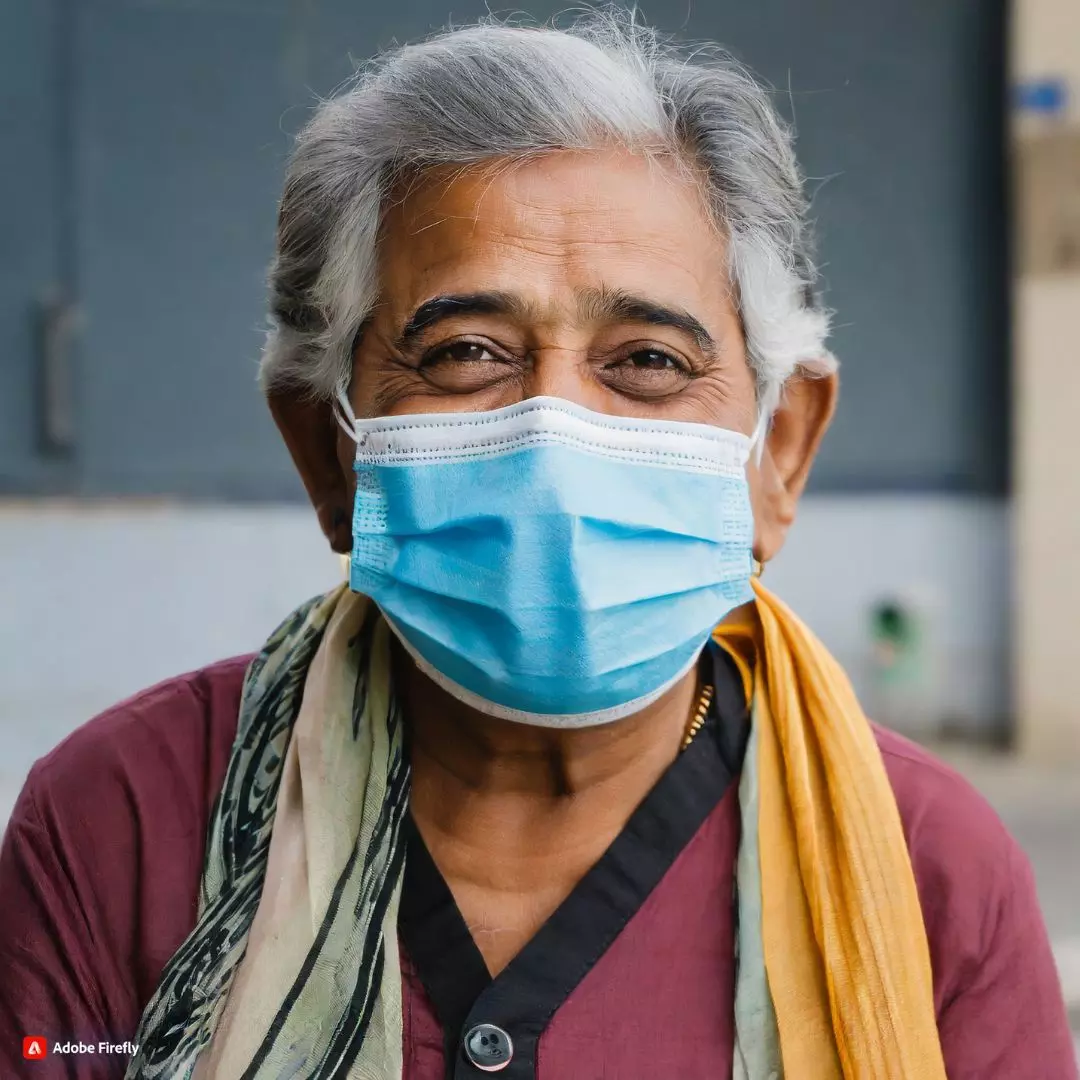In response to a recent surge in COVID-19 cases and the identification of the JN.1 sub-variant, Madhya Pradesh Chief Minister Mohan Yadav has announced the comprehensive implementation of central guidelines issued by the government. This strategic move aims to tackle the evolving challenges posed by the novel strain, and it comes as part of a coordinated effort to address the escalating viral infection cases witnessed across several states. Simultaneously, Karnataka has taken a proactive stance by enforcing a mandatory face mask mandate for individuals aged 60 and above with comorbidities, responding to the detection of the JN.1 variant in neighboring Kerala.
Chief Minister Mohan Yadav, during his recent visit to Hamidia Hospital in Bhopal, the largest state government hospital, reaffirmed the unwavering commitment of the health department to combat not only COVID-19 but also various other diseases. Emphasizing the importance of adhering to guidelines issued by the Centre regarding the new JN.1 variant, Mr. Yadav assured the public that his government is working with utmost efficiency to address the evolving challenges posed by the virus. This includes close monitoring of arrangements and resources at medical facilities, exemplified by the visit to Hamidia Hospital as reported by NDTV.
India reported its first case of the JN.1 sub-variant in Kerala on December 8, prompting the Centre to issue advisories to states and Union Territories, urging constant vigilance. Union Health Secretary Sudhansh Pant commended the collaborative efforts between the Centre and state governments, highlighting the successful sustenance of low infection rates. Despite this positive trajectory, he stressed the need for continued efforts to effectively manage public health challenges, considering the evolving epidemiological behavior of the virus with Indian weather conditions and the circulation of other pathogens.
In tandem with these developments, Karnataka’s Health Minister Dinesh Gundu Rao announced the mandatory wearing of face masks for individuals aged 60 and above with comorbidities and symptoms of cough, phlegm, and fever. This decision is a proactive response to the detection of the JN.1 variant in neighboring Kerala, aiming to curb the potential spread of the virus in the state. Mr. Rao assured the public that, as of now, there is no need for movement restrictions or gathering limitations, and the government will issue advisories based on the evolving situation.
To fortify their response, the Karnataka government has instructed officials to increase testing, especially among those exhibiting symptoms and suspected cases, and enhance surveillance in border districts sharing boundaries with Kerala. The situation is under constant monitoring, and decisions on further measures will be made based on the evolving scenario. The government’s proactive approach includes a thorough check of preparedness at all hospitals, encompassing the availability of beds, ventilators, oxygen supply, masks, testing facilities, and personal protective equipment (PPE) kits.
As India navigates the challenges posed by the emergence of the JN.1 sub-variant and an uptick in COVID-19 cases in certain states, the comprehensive measures adopted by both Madhya Pradesh and Karnataka underscore the commitment of state governments to safeguard public health. The meticulous implementation of central guidelines and the enforcement of a mask mandate in Karnataka reflect a proactive approach to address the evolving situation. Continuous monitoring, collaborative efforts, and a fact-based response remain crucial to effectively combat the challenges posed by the new variant, ensuring the well-being of the public at large.













